Public opinion, though often formed upon a wrong basis, yet generally has a strong underlying sense of justice
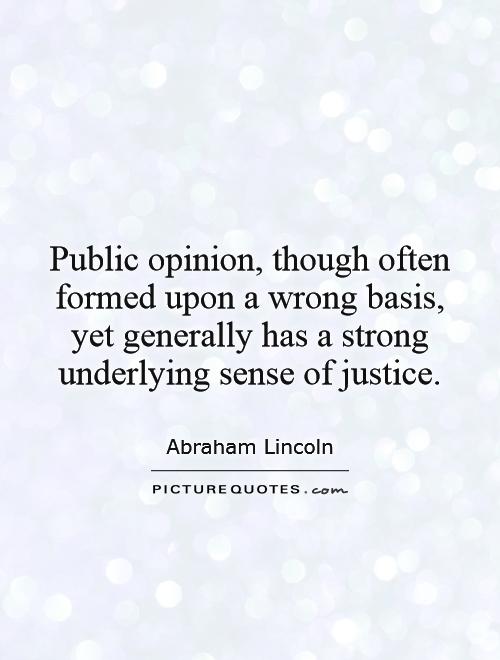
Public opinion, though often formed upon a wrong basis, yet generally has a strong underlying sense of justice
Abraham Lincoln, the 16th President of the United States, is often regarded as one of the greatest leaders in American history. His presidency was marked by the Civil War, the abolition of slavery, and the preservation of the Union. Throughout his time in office, Lincoln faced intense public scrutiny and criticism, yet he remained steadfast in his commitment to justice and equality.Public opinion during Lincoln's presidency was often divided, with many Americans holding strong beliefs on both sides of the issues at hand. The debate over slavery, in particular, was a contentious and deeply divisive issue that threatened to tear the nation apart. Despite the widespread disagreement and discord, Lincoln believed that public opinion, though often formed upon a wrong basis, generally had a strong underlying sense of justice.
Lincoln understood that public opinion could be swayed by emotion, prejudice, and misinformation. However, he also believed that at its core, the American people possessed a fundamental sense of fairness and morality. This belief guided his decision-making throughout his presidency, as he sought to uphold the principles of equality and justice enshrined in the Constitution.
One of the most significant examples of Lincoln's commitment to justice was his Emancipation Proclamation, which declared all slaves in Confederate-held territory to be free. Despite facing intense opposition from both the North and the South, Lincoln believed that it was the right thing to do, and he was willing to stand by his convictions, even in the face of public backlash.
Lincoln's unwavering dedication to justice and equality ultimately led to the abolition of slavery and the preservation of the Union. His leadership during one of the most tumultuous periods in American history serves as a testament to the power of public opinion when guided by a strong sense of justice. Though often flawed and imperfect, public opinion can be a force for good when grounded in principles of fairness and equality. Abraham Lincoln's legacy continues to inspire us to strive for a more just and equitable society, guided by the principles of truth and righteousness.




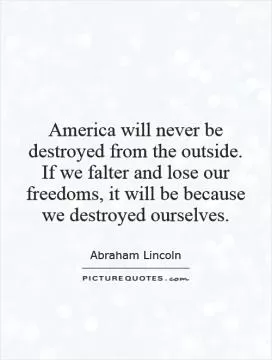

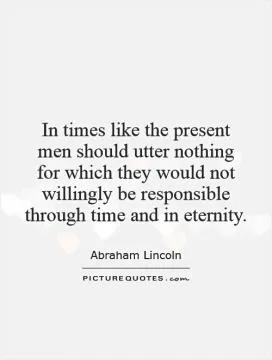
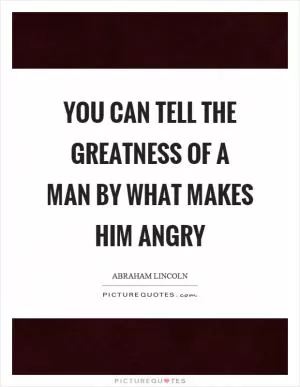

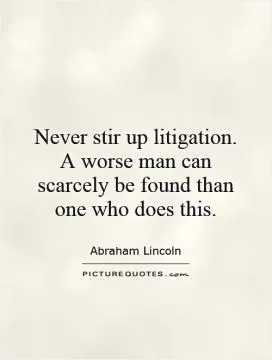
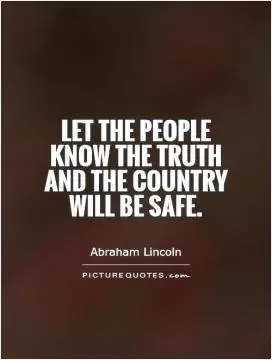

 Friendship Quotes
Friendship Quotes Love Quotes
Love Quotes Life Quotes
Life Quotes Funny Quotes
Funny Quotes Motivational Quotes
Motivational Quotes Inspirational Quotes
Inspirational Quotes